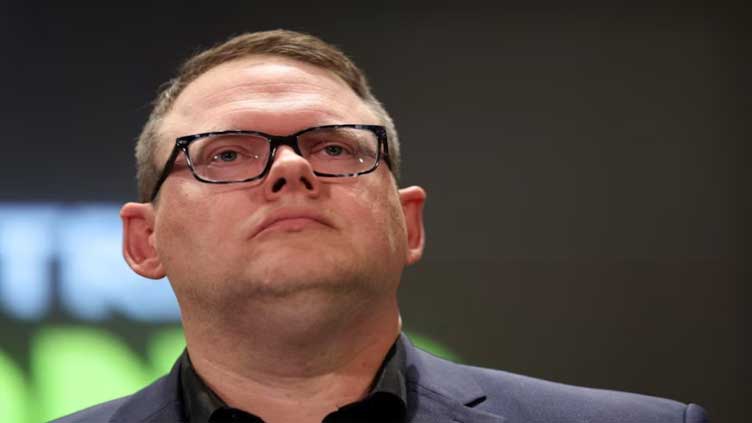Hollywood union strikes deal for advertisers to replicate actors' voices with AI

Technology
Hollywood union strikes deal for advertisers to replicate actors' voices with AI
(Reuters) - The Hollywood actors' union SAG-AFTRA announced on Wednesday a deal with online talent marketplace Narrativ that enables actors to sell advertisers rights to replicate their voices with artificial intelligence.
As performers fear AI will make theft of their likenesses common, the new agreement seeks to ensure actors derive income from the technology and have control over how and when their voice replicas are used.
“Not all members will be interested in taking advantage of the opportunities that licensing their digital voice replicas might offer, and that’s understandable,” SAG-AFTRA official Duncan Crabtree-Ireland said in a statement. "But for those who do, you now have a safe option."
Narrativ connects advertisers and ad agencies with actors to create audio ads using AI.
Under the deal, an actor can set the price for an advertiser to digitally replicate their voice, provided it at least equals the SAG-AFTRA minimum pay for audio commercials.
Brands must obtain consent from performers for each ad that uses the digital voice replica.
The union hailed the pact with Narrativ as setting a standard for the ethical use of AI-generated voice replicas in advertising. Actress Scarlett Johansson drew attention to the perils earlier this year when she accused OpenAI of copying her voice for its conversational AI system.
Technology was also a key issue in last year's Hollywood strike, the first simultaneous strike in 63 years by actors and writers.
Video game voice actors and motion-capture performers called a strike last month over failed labor contract negotiations focused on AI-related protections for workers.
The proliferation of so-called deepfakes, which are highly realistic videos generated by AI trained on actual voices and images, and their role in manipulating public opinion have also raised alarm worldwide.


